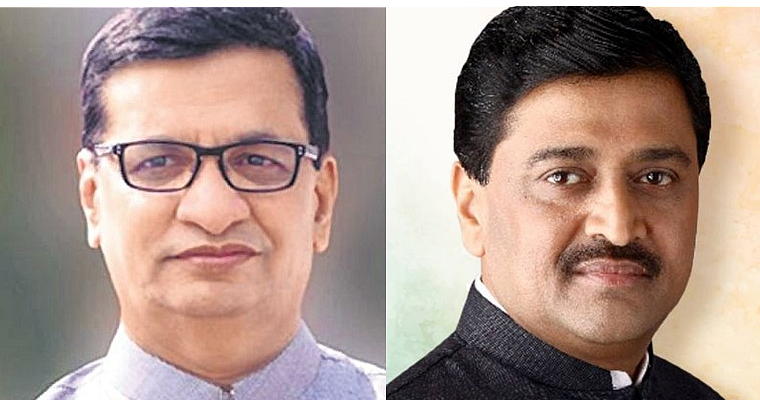Mumbai: Former IAF chief Brigadier Birender Singh Dhanoa was in the maximum city on Saturday to deliver a lecture followed by an interactive session with the students of the Indian Institute Technology (Bombay), as part of its ongoing 'Techfest 2020'.
Addressing a full house at the convocation hall on the IIT campus, Dhanoa said the Balakot air strike had been carried out to send a political message to Pakistan.
“Pakistan has always underestimated Indian leadership. The reason for the strike (following the Pulwama attack) was to tell Pakistan they would pay a heavy price if they continued to indulge in such heinous acts ,” affirmed Dhanoa, to resounding applause from the audience.
Recalling the night of February 2019, when the air strike was carried out, Dhanoa said, the moment the IAF pilots crossed the Line of Control in their jets, they were taken aback by the unimpeded access they had.
“In a war-like situation, the two countries are supposed to keep their respective Air Forces on high alert so that the enemy can't invade the airspace. But we were surprised to find no air surveillance in their territory,” he added, with a grin.
Dhanoa was the architect of the Balakot air strike. He is also known to have played a key role in negotiating the release of IAF pilot, Wing Commander Abhinandan Varthaman, after the latter's captured by the Pakistan army a day after the air strike.
“Had Abhinandan been flying a Rafale jet instead of a MiG-21 aircraft, he wouldn't have been captured. Unfortunately, it took ten years for a government to decide whether or not to invest in the Rafale deal,” he said in disgust. "When defence procurements are politicised, the entire process is delayed. So it affects you. You move at a slow pace because people start becoming very conscious," he said.
He also informed, the IAF plays no role in buying its equipment, it only hands a list of requirements to the defence ministry, which then takes the call.
“Following the Parliament attack in 2001 and the 26/11 attacks in Mumbai, both times, the Army was ready to retaliate, but we did not get a go-ahead from the then government of India,” Dhanoa said.
However, after the Pathankot and Uri attacks, the logistics and methodology of training were updated. Arms and equipment were replaced to match up to the latest technological advancements, he informed.
“India has its enemy next door and in times of fast-paced technical advancement, we were lagging behind. The Uri and Pathankot attacks were eye-openers,” he said.
But India has excelled in terms of information dominance and with the Make in India initiative, most of the raw materials needed by our defence forces are now indigenously manufactured.
“India has now become the most powerful force in the Eurasian continent, with the robust technology and secure communication we have, we are able to see deep into enemy territory,” the former IAF marshal concluded.


.jpg)






